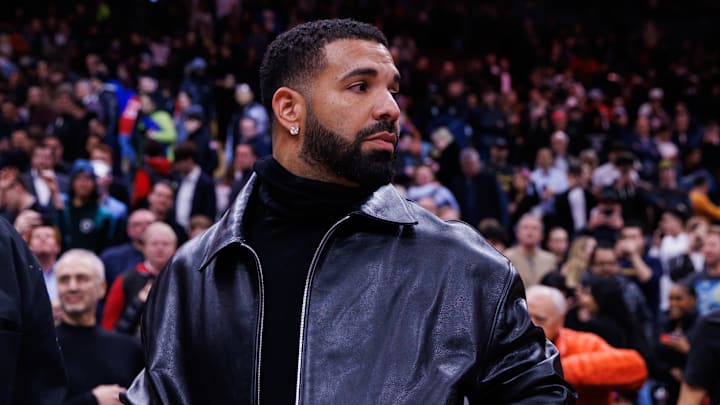When rap beefs hit the courtroom, things get serious, but not always for long. Recently, hip hop fans have been buzzing about the legal drama between Drake and Universal Music Group (UMG) over Kendrick Lamar’s viral diss track “Not Like Us.” In the track, Lamar talks trash at Drake, even suggesting disturbing allegations that sparked online debates and headlines.
Drake decided to fire back legally, filing a defamation lawsuit against UMG earlier this year. The Toronto rapper claimed that the accusations made in “Not Like Us” crossed the line and damaged his reputation. But after months of speculation and media attention, that legal battle has officially come to an end.
According to Billboard, the lawsuit was dismissed by Judge Jeannette Vargas, who ruled that the nature of rap battles, especially one as public and aggressive as the one between Drake and Kendrick, meant that the lyrics should not be taken as factual statements. So what does this mean for hip hop’s biggest feud of the year? Let’s break it down.
Judge rules rap beef between Kendrick Lamar and Drake isn't grounds for defamation
Judge Jeannette Vargas delivered a strong and clear message in her ruling. She stated that the battle between Drake and Kendrick was a “war of words” and noted how public and dramatic the exchange had become. In her official statement, she wrote:
"“The artists’ seven-track rap battle was a ‘war of words’ that was the subject of substantial media scrutiny and online discourse. Although the accusation that plaintiff is a ped*phile is certainly a serious one, the broader context of a heated rap battle, with incendiary language and offensive accusations hurled by both participants, would not incline the reasonable listener to believe that ‘Not Like Us’ imparts verifiable facts about plaintiff.”"Judge Jeannette Vargas
This statement makes it clear: rap beefs, even when they get dark or personal, are still viewed as part of the performance element of hip hop. The court recognized the diss track as part of a lyrical tradition, not as a factual accusation.
When Drake initially filed the lawsuit back in January, reactions were mixed across the rap community. Many fans and critics saw the move as an attempt to shift the narrative after Kendrick Lamar’s diss tracks, especially “Not Like Us,” dominated the cultural conversation.
The lawsuit was widely mocked online, with many arguing that taking legal action over a diss track went against hip-hop’s competitive spirit.
Now that the case is dismissed, some are calling it a victory for free speech and artistic expression in hip hop. Diss tracks have always played a major role in rap culture, and this ruling reinforces that such lyrical shots, even harsh ones, are part of the game.
With this lawsuit officially dismissed, it sets a clear precedent: artists engaged in lyrical battles likely won’t succeed in court unless real, provable harm is done. For now, it looks like diss tracks like “Not Like Us” will continue to be judged in the court of public opinion, not in an actual courtroom.
As for Drake, it’s unclear whether he’ll continue to pursue any legal strategies or simply move forward and focus on music. Either way, this moment will be remembered as a major chapter in one of hip hop’s most high-profile feuds.
